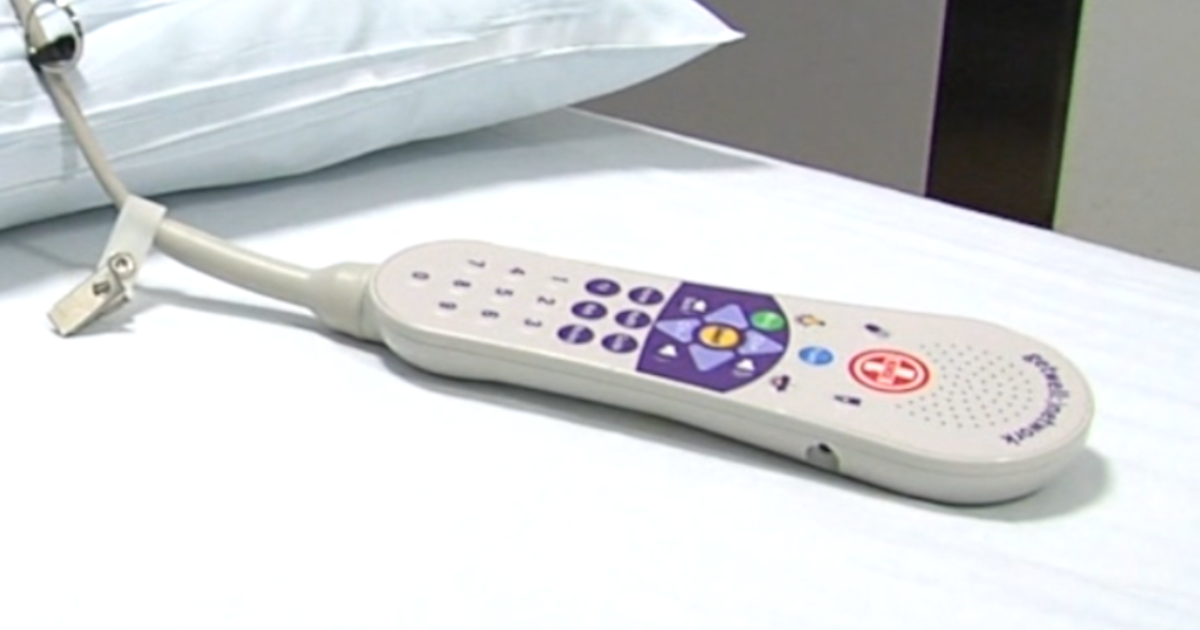TAMPA, Fla. — Chest pains sent 84-year-old Nikki Leman to the hospital in April. Daughter Leanne Depa said the phone in her mom’s hospital room at St. Joseph’s South in Riverview started ringing the next day.
Depa answered it, thinking it was someone from inside the hospital. But she told ABC Action News the call came from a robo dialer talking “about Florida having some death benefit, or something like that.”
Depa hung up. But 20 minutes later, the phone rang again. This time the caller was pitching health insurance. She said the robo-dialing went into the next day.
“It was just really disturbing to me that they were getting through to the hospital rooms,” she said.
Depa reported the calls to the nurses’ station and said the staff told her it was an ongoing problem.
The Telephone Consumer Protection Act outlaws robo-dialing in treatment and patients’ rooms in any healthcare facility. Consumer attorney Billy Howard says hospitals should do more to stop these calls from reaching patients. “You have the technology available to stop scammers or robo-callers from calling patients,” he said.
ABC Action News contacted St. Joseph’s parent company, BayCare, about the incoming calls. A spokesperson said in an email:
Patient safety is always our top priority and part of BayCare’s commitment to providing extraordinary care. We know that people find unwanted phone calls annoying at any time, and they certainly do not want them while hospitalized. That’s why we take several measures to prevent robocalls from disrupting our patients, team members, and communication systems. BayCare intercepts thousands of calls daily, investing millions of dollars annually on software and services to filter and block suspicious calls automatically. In addition to using advanced technologies to help verify caller identities and combat call spoofing, we train team members to recognize and report robocalls. Our goal is to minimize the impact of robocalls and maintain efficient and secure communication within our hospitals and beyond.
Other hospital systems report dealing with similar issues.
In 2019, Moffitt Cancer Center’s then-chief security officer told Congress that hospital employees and patients received 6,00 calls over 90 days from spoofers who made it look like the calls were coming from inside the hospital.
We asked Moffitt about their efforts to combat the incoming onslaught. They responded:
Currently, Moffitt does not have a formal SPAM-blocking solution. However, our call center package includes features to block nuisance calls from frequently encountered/common numbers. Additionally, we collaborate with carriers as necessary, ensuring compliance with the FCC’s STIR/SHAKEN rule on spoofing. – said Seth Peterson, chief technology officer.
Leanne Depa said she worries about the calls that do get through and the patients who answer them. “I am concerned for people who can’t speak up for themselves, who do not have a loved one in the room with them to help,” she said.
Outside Jimmy Klass’s mobile home in Clearwater, symbols of American pride hang all around his residence. But after 64 years of working, living, paying taxes, and voting in America – Jimmy Klass discovered that he’s not a U.S. citizen when he was denied Social Security benefits he had paid into his entire working life.
Florida man finds he’s not a legal citizen 60 years after moving to the U.S.




